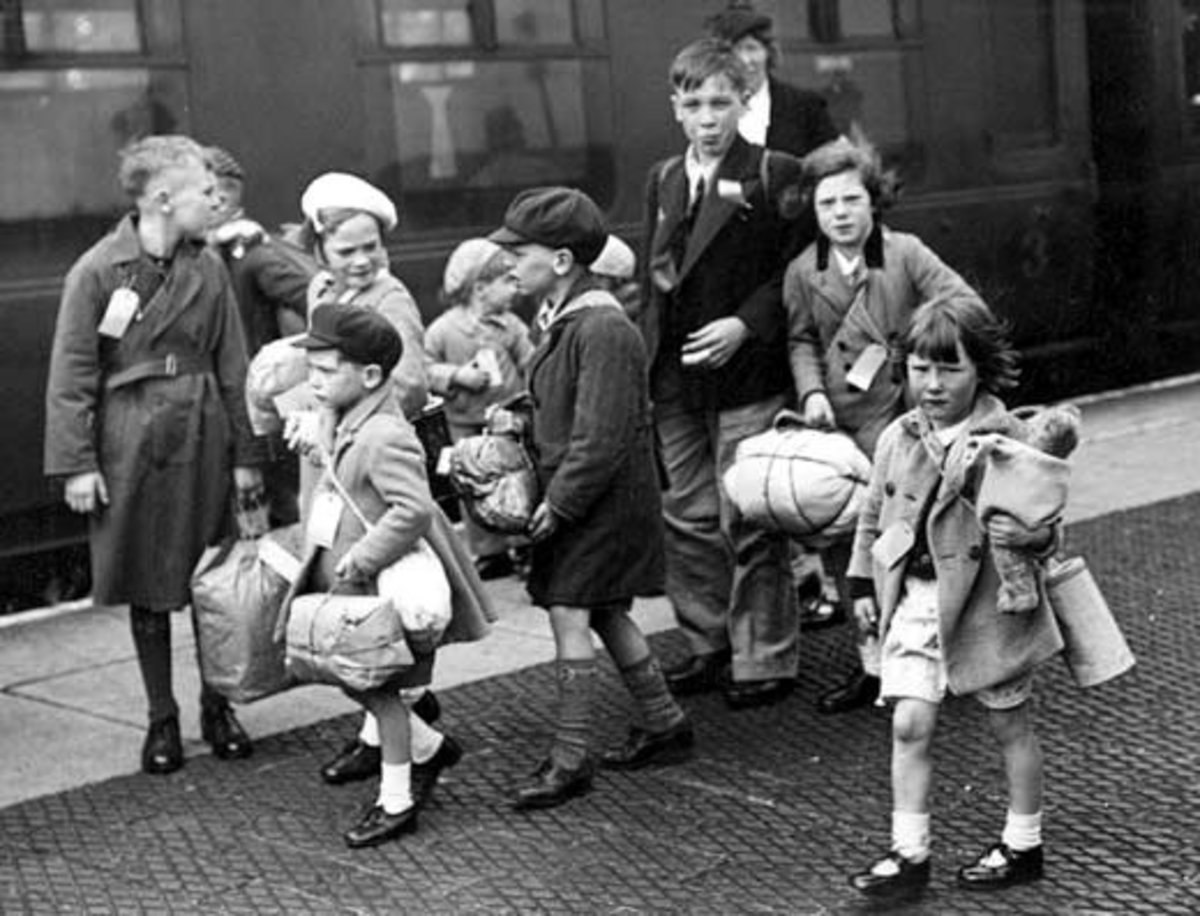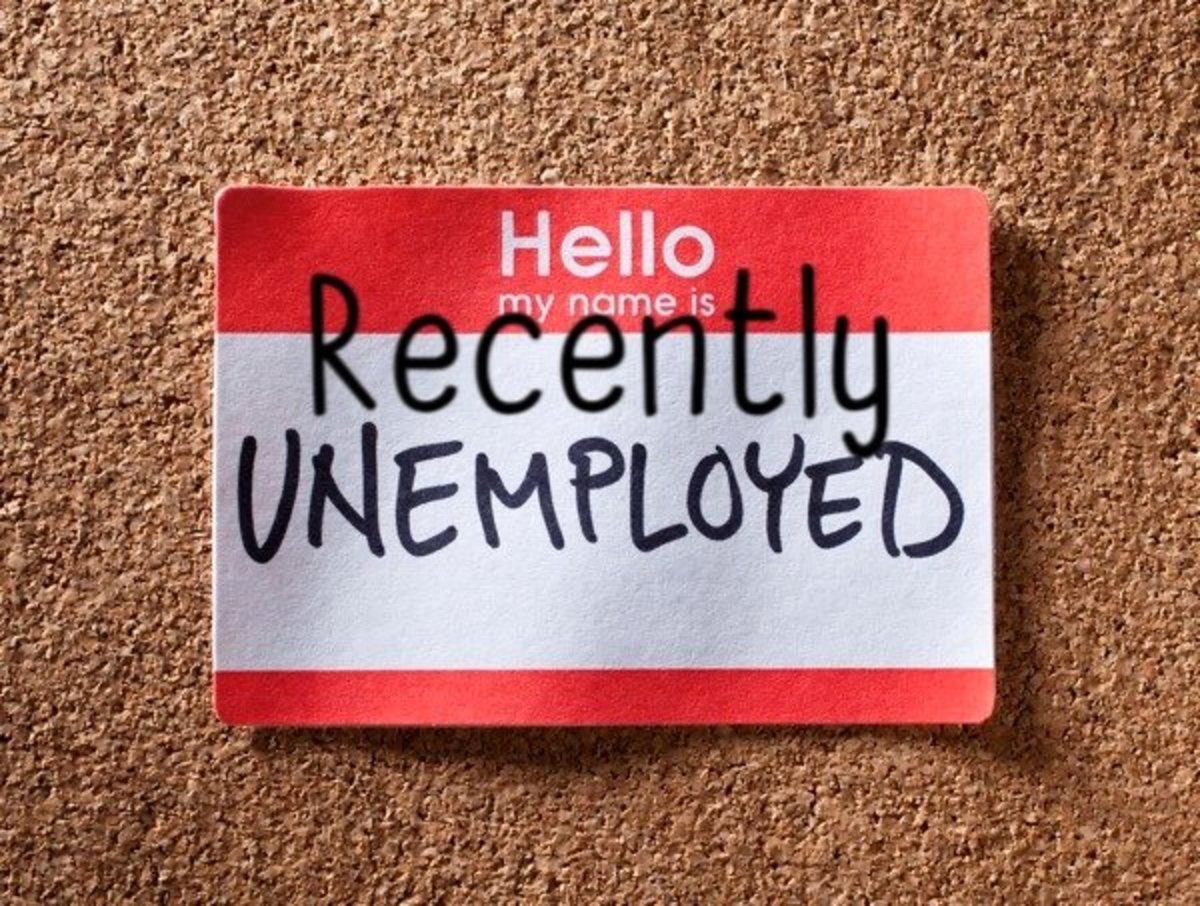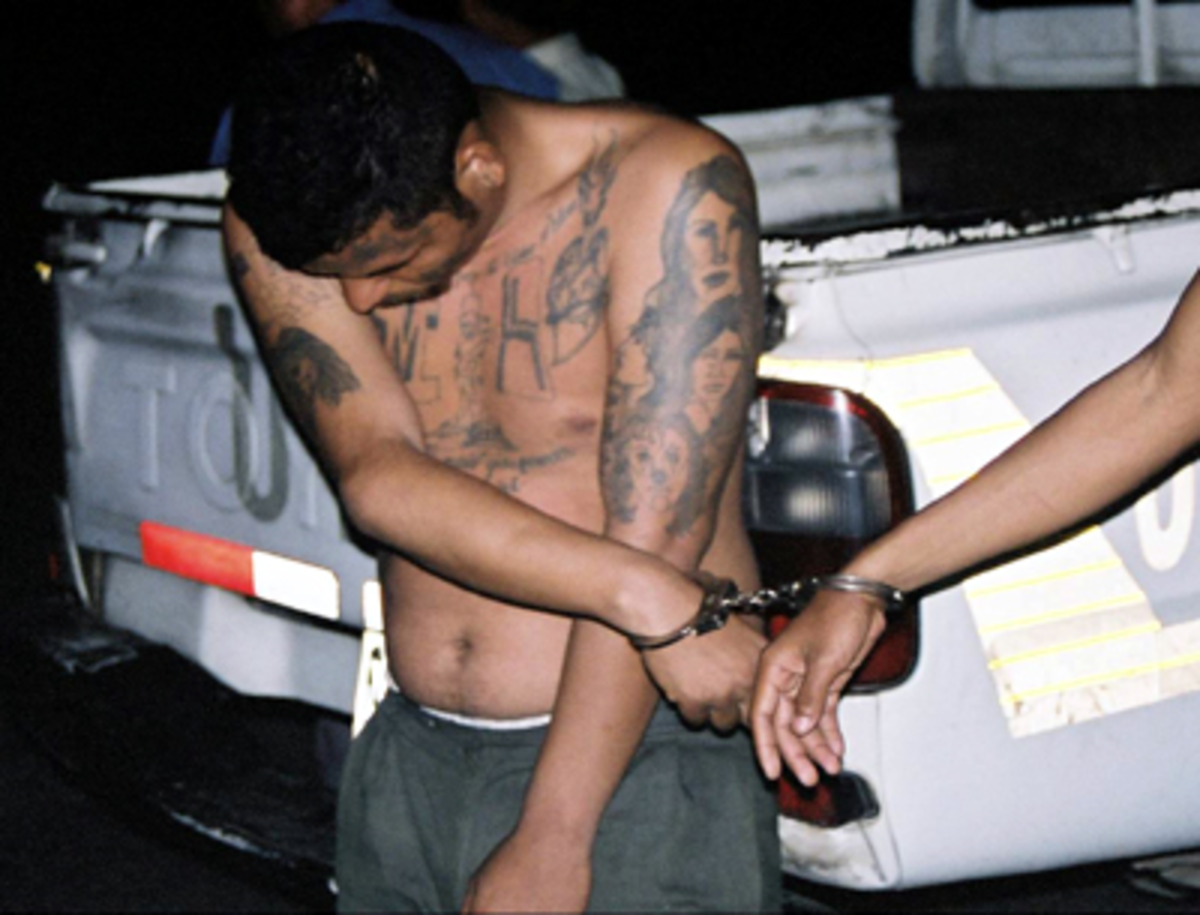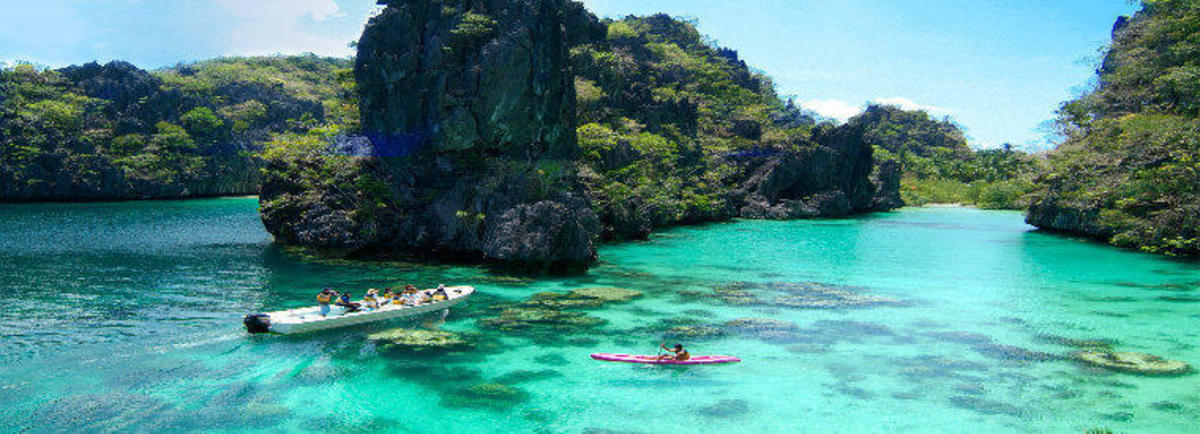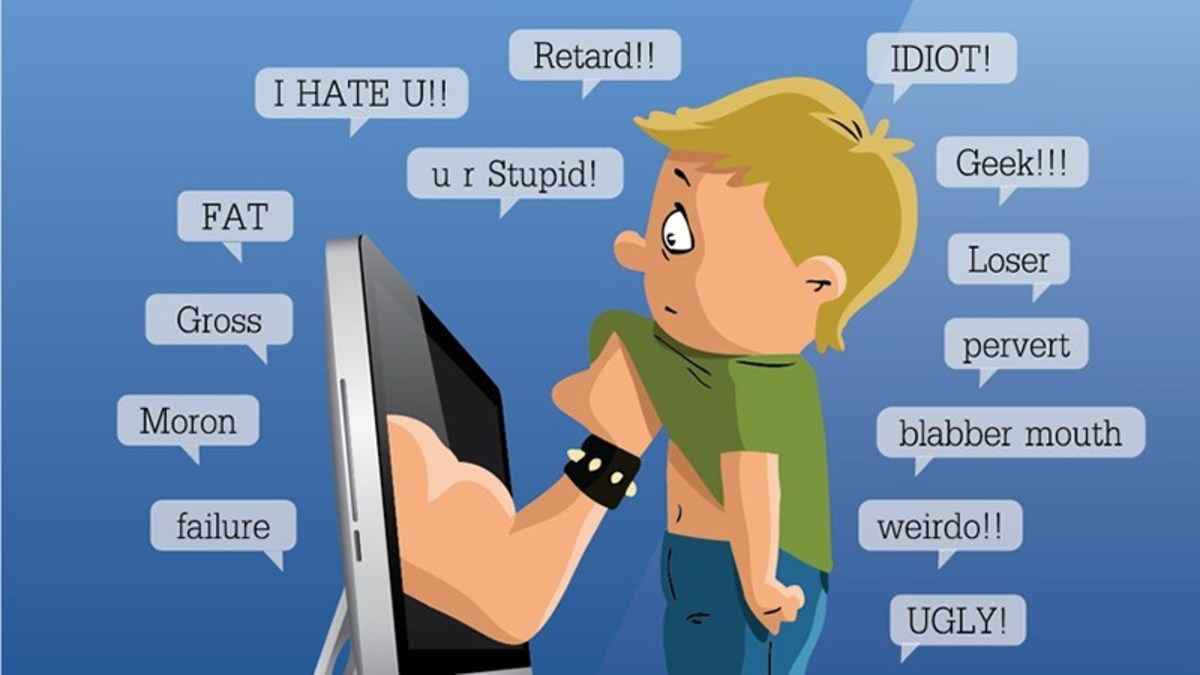Will I Burn in Hell?
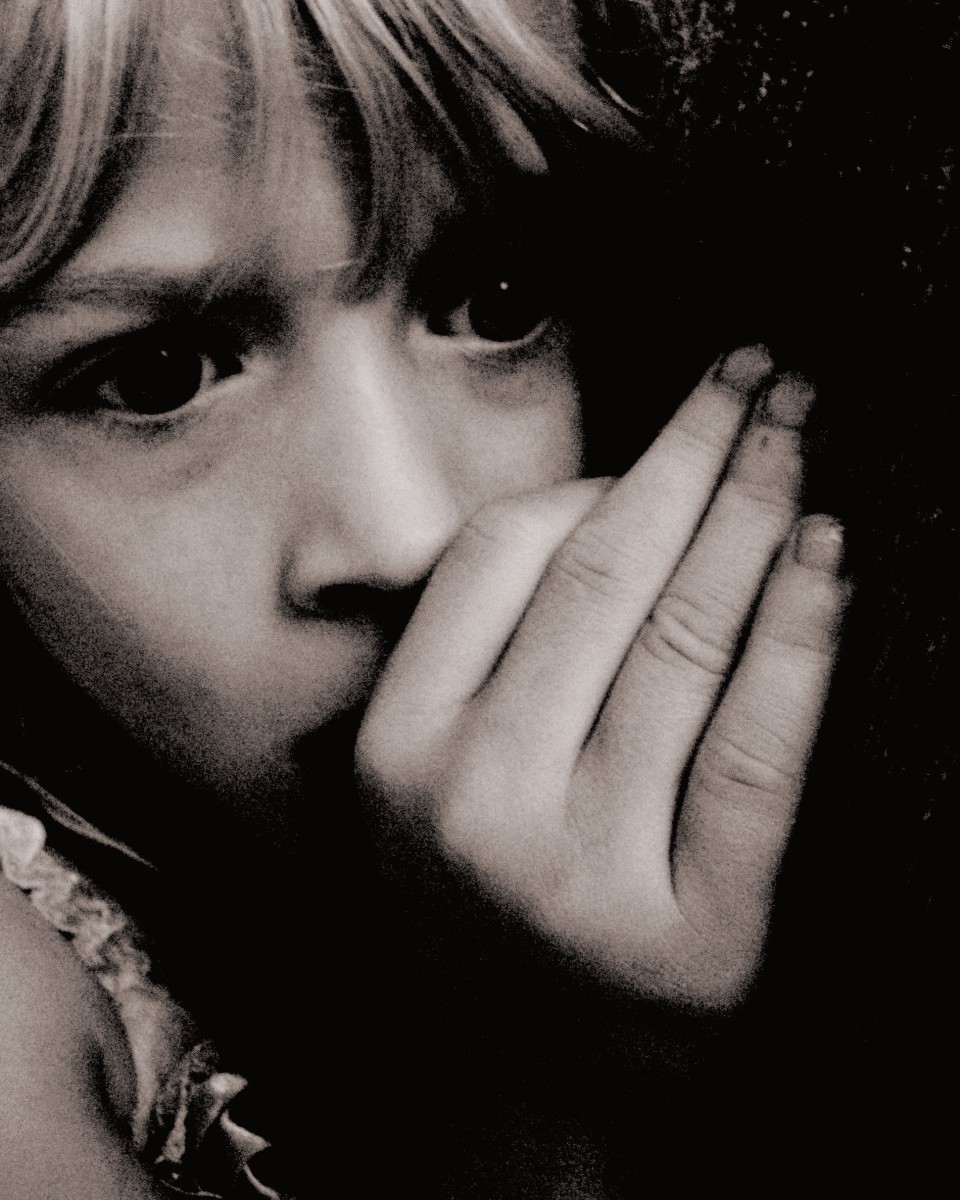
Recent news has prompted me to think that some people are better dead than living. For this reason, I sometimes think I’ll burn in hell for such thoughts. To say that I’m irked by their behavior is a gargantuan understatement. I’m talking about news about rape. Sure there are many other heinous crimes but this one just hits a nerve. I’m a father and a husband and I fear for my wife and child. None of my immediate family or friends has been assaulted in this manner but the rage I feel about this is overwhelming. Just imagine how the victims and their families must feel. My heart goes out to all of the victims and their families.
There is no death penalty in the Philippines – even for such a heinous crime. I do value life, but reading news of such appalling acts makes me question how much I actually value life. Hoping for decapitation or a slow gruesome death can be extreme to some. But the victims and their families may understand my sentiments about this.
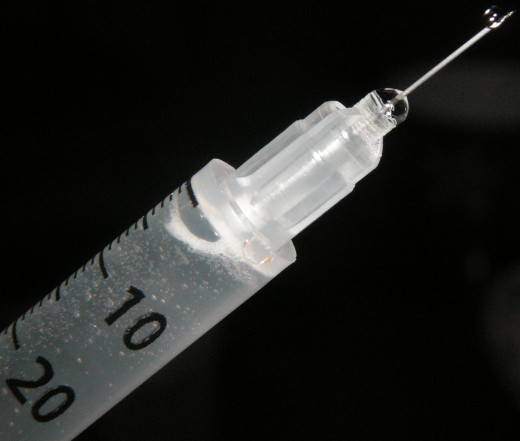
Worrisome Stats
Philippine statistics is quite alarming. According to the data of the Philippine National Police (PNP) rape accounts for 76.56% of crimes against women while attempts is at 18.68%. Furthermore, incest on the other hand is at 5.74%.
From January to June of 2011, there were 28 recorded gang rapes in the Philippines. Another sickening figure shows that 1 child is victimized every 2 ½ hours. According to the Center for Women’s Resources (CWR) 2012 records, the youngest victim was 3 years old. Moreover, their report indicates that 54% of victims are from 11 to 20 years of age.
On the other hand, according to the Rape, Abuse & Incest National Network (RAINN), 44% of victims are under the age of 18. Moreover, there is someone being sexually assaulted every 2 minutes! There are more than 200,000 abused people every year. What’s even startling is that more than half (54%) are not reported. If that does not send chills down your spine; how about this one? 2 out of 3 cases are done by people that the victims know. In addition, as much as 97% of rapists will not spend a day in jail for their crime. In 1997, the U.S. Bureau of Justice Statistics released a report showing that 15% of victims are under the age of 12! This, my friends is just statistics from the United States.
On a global scale, it does not get better. According to the United Nations Office on Drugs and Crime, Botswana tops the list of recorded cases per 100,000 people with 92.9 followed by Australia with 79.5 and Sweden with 63.5. Remember this is just the reported cases. A lot more goes unreported.
Sure, the numbers may rise or drop from year to year. But if you’re the victim or the family, rise or decline of statistics does not really matter.
How harsh do you want their punishment to be?
Where to Get Help and Assistance
Whether you’re the victim or the family member, it is beneficial to talk to people regarding the experience. Of course, look for someone with the necessary training and knowledge in order to get needed help.
School’s guidance counselors and administrators
The schools guidance counselors can provide basic information regarding this matter. Likewise, they can provide counseling should the unthinkable happens especially in the school setting. Parents can also coordinate with the school administrators regarding educating students.
Church groups and communities
Church groups and their communities are powerful institutions in providing assistance to victims and their families. Their strong ties with the local community, authorities and other groups can strengthen support for the rape victims and survivors of this assault.
Professional counselors
Psychologists and other allied professionals offer tons of assistance from information to counseling. They are a great resource to tap so we can be educated. You can get current researches, methodologies and other strategies to
Government and non-government groups
In the Philippines there is the Department of Social Welfare and Development (DSWD). The PNP also have a women’s Desk to report any crimes or violence against women. In local government units and communities, there are help desks catering specifically to women and children. Likewise, non-governmental groups like Gabriela in the Philippines advocate empowering and protecting women’s rights.
Law enforcement
Although it may seem logical to first contact law enforcement to report the crime, many still do not seek their assistance. It is important to understand that the police and other law enforcement agencies have programs that educate people on prevention and protection against such atrocities. The more people are informed about the profile of offenders, dangerous situations to avoid and even ways to protect one’s self can make a huge difference.
Family
How can we forget one of the most important institutions of all time – the family? Yes, we draw strength from our family. Whenever there is a problem we turn to them. They may not have a degree in psychology or tons of experience in counseling. But their presence can provide comfort like no other.

In Retrospect
Whether it is better legislation, harsher punishments, or whatever programs to address this pressing concern are implemented, we should never forget that the victims of abuse require ample attention. It’s easy to say stick a needle into offenders or lock them up for life. Or in my case conjure images of their gruesome demise (insert evil laugh here). In the end, we need to turn our attention to the healing process of the victims and their families.
Perhaps to some it’s hard to contemplate death to all rapists; perhaps some may find it easy. Others may not even have an opinion about it. But it’s just hard for me to not to think about the worse kind of punishment for these offenders. Whether I burn in hell for such thought or not, the reality of this atrocity is a worldwide disease that needs to be addressed. The question now is what are you doing about it?
I urge you, go out and be active against this crime!

